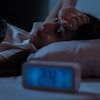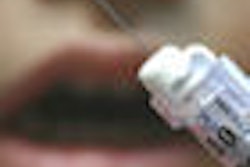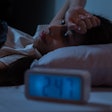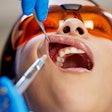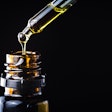Is an anterior middle superior alveolar (AMSA) nerve block more effective than an infraorbital nerve block (IONB) in achieving pulpal anesthesia in the anterior maxilla? Researchers from Newcastle University recently conducted a small clinical trial to investigate (Journal of the American Dental Association, December 2010, Vol. 141:12, pp. 1442-1448).
In two separate visits, 28 healthy adult volunteers received 1.0 mL of 2% lidocaine with 1:80,000 epinephrine as an AMSA nerve block or IONB via computer-controlled local anesthetic delivery (CCLAD). The authors used electronic pulp testing to measure pulpal anesthesia, and participants provided subjective reports of lip numbness and injection discomfort.
Anesthetic success was significantly greater with the AMSA nerve block than with IONB in central (p = 0.012) and lateral (p < 0.001) incisors, the researchers found. However, anesthesia was achieved in only 42.9% of central incisors with the AMSA nerve block.
The authors observed a significantly greater number of episodes of no response in the premolar and canine teeth after IONB, although onset of anesthesia was shorter after IONB in canines (p = 0.002) and central incisors (p = 0.022). The incidence of subjective lip numbness was 100% after IONB and 14.3% after AMSA nerve block (p < 0.001), with numbness lasting twice as long after IONB (p = 0.019). The authors noted no significant difference in injection discomfort between the two techniques (p = 0.768).
"Although the AMSA technique was significantly more successful than the IONB in attaining incisor anesthesia, anesthetic success, as assessed according to rigorous electronic pulp testing criteria, was poor for the central incisor teeth," they noted.
Because the IONB and AMSA nerve block produced similar levels of injection discomfort when the clinician used CCLAD to administer the anesthesia, "clinicians should choose the technique on the basis of the teeth to be anesthetized and use adjunctive techniques in the case of clinical anesthetic failure," they concluded.
Copyright © 2010 DrBicuspid.com



